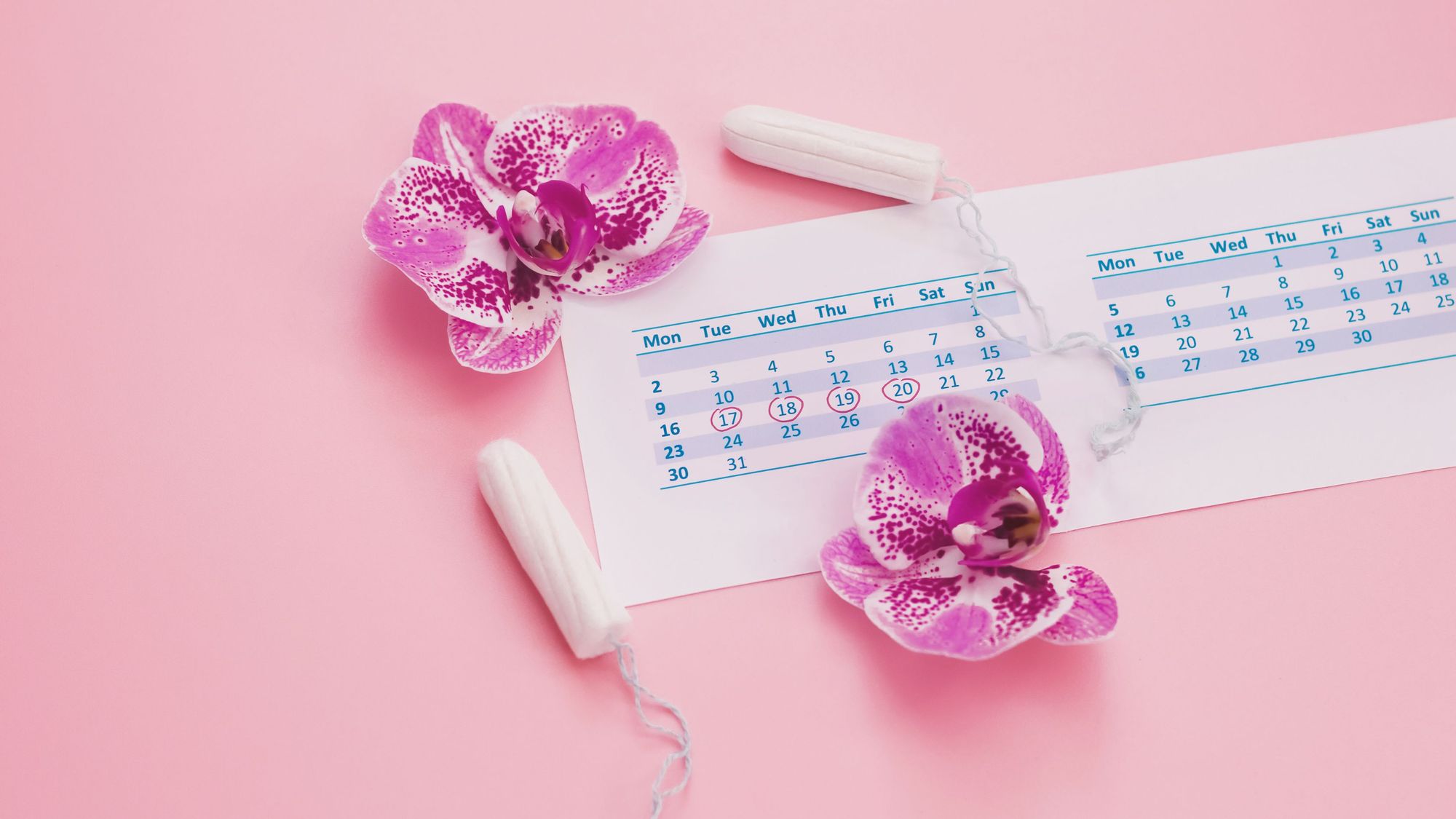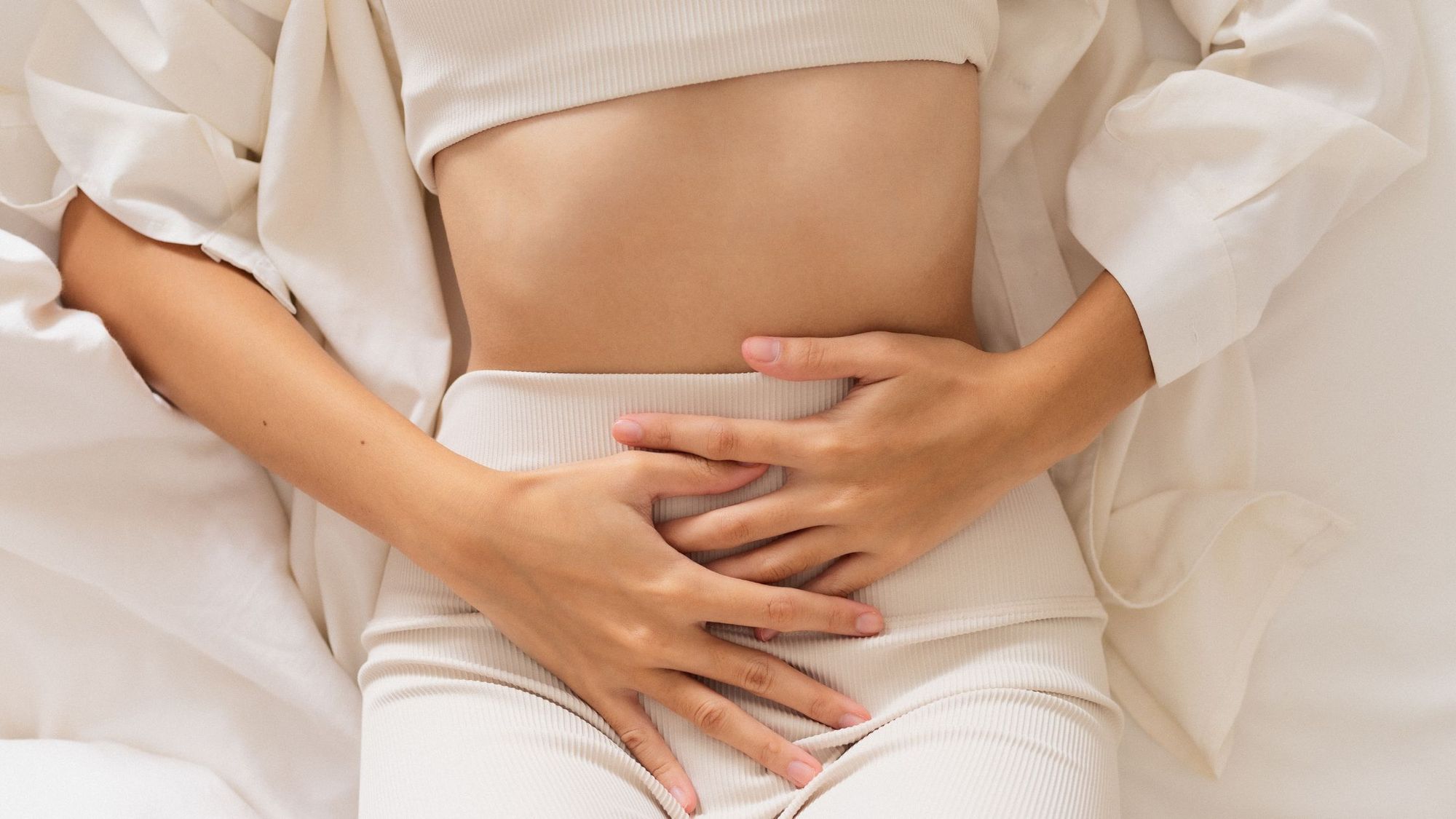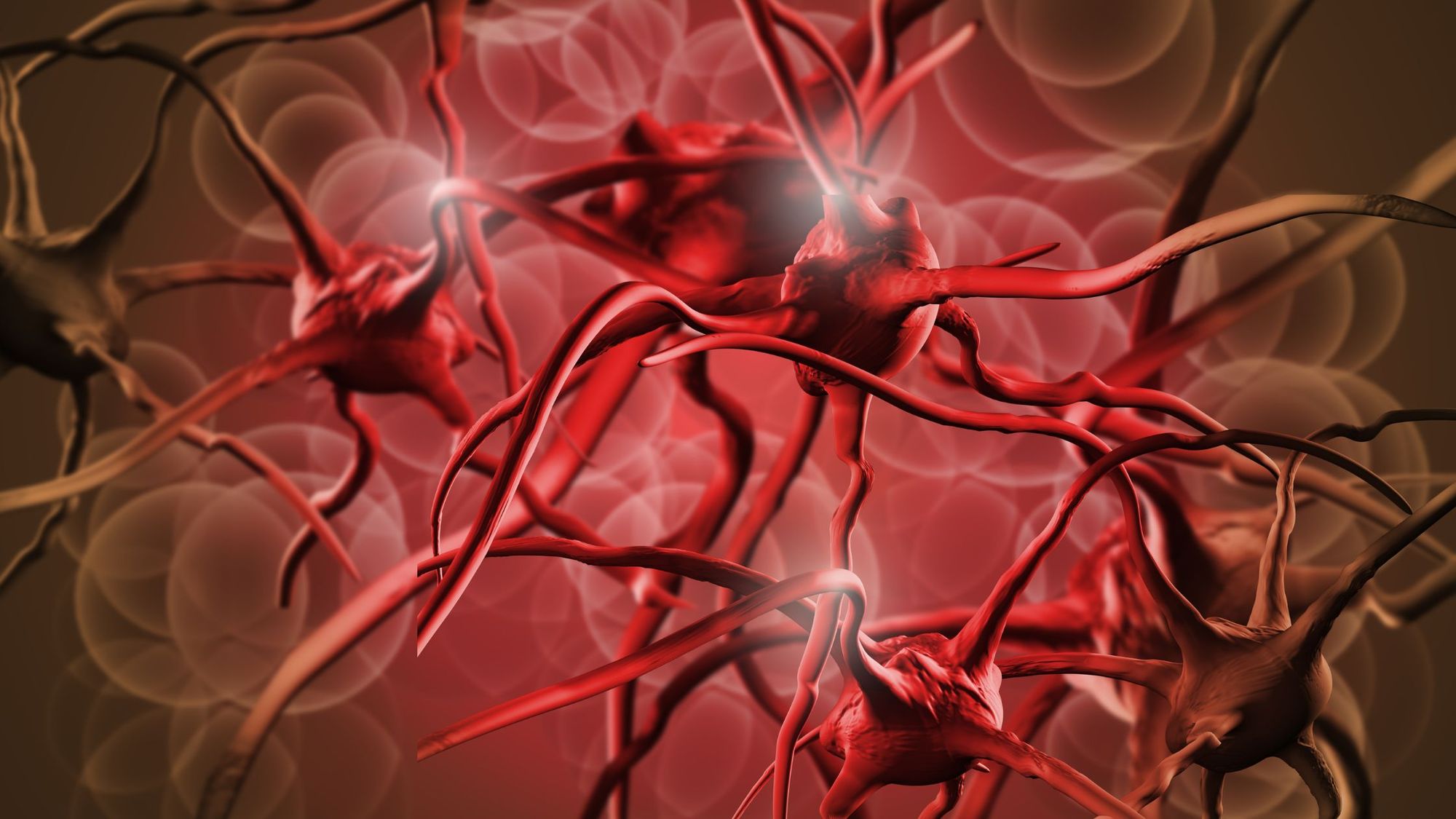
If you love to get active, or are trying to establish new habits, your period may feel like just another obstacle in your way. Do you tend to avoid working out on your period? It’s a common belief that female exercise performance inevitably falls during menstruation, giving rise to fatigue and other unpleasant symptoms. Fortunately, this isn’t necessarily true. New research now shows that your fitness levels can hold steady throughout the month. Working out on your period is just fine.
Menstruation Doesn’t Hold You Back
In this 2022 research paper, women at varying points in their menstrual cycle completed stationary cycling sessions at five degrees of intensity. They were either in the high-estrogen phase, high-progesterone phase, or menstruation, where there are low levels of both hormones. There was no significant difference in performance or endurance threshold across the menstrual cycle. Women were just as consistent as men, and their critical power (the level of exercise intensity you can keep up for at least 30 minutes) was the same as men when adjusted for muscle mass.
However, there were a few limitations. The study only involved women with normal menstrual cycles, not those with a condition such as endometriosis or PCOS. It’s also likely that women who don’t exercise regularly or have noticeable menstrual fatigue self-selected themselves out of the study. What it does say is that your period doesn’t have to work against you.
There are also four ways that menstruation can affect your fitness levels, or even safety when working out:
- Increased inflammation
- Iron loss
- A fall in muscle protection and energy production
- A drop in testosterone
As consistent effort is often best, how do we address these issues?

Inflammation, Fatigue, and Menstruation While Working Out On Your Period
It is unfortunately common to experience fatigue during your period. Around 85% of women with period pain also have fatigue at the same time, and together these can ruin your day or week. Working out on your period could therefore be less appealing. As I explain in my book, Infla-Menses, this issue during menstruation is at least partly caused by inflammation.
Inflammation causes fatigue in several ways. It affects the basal ganglia, which sits at the base of your brain and controls motivation and motor function. If its function is low, you may not physically perceive making an effort to move as worthwhile. Worse still, background inflammation could potentially increase your risk of injury, slow recovery, and prevent growth or maintenance.
One of the many anti-inflammatory remedies is curcumin, the main active phytochemical in turmeric. If you want to try using food as medicine instead of commercial supplements, consider making a variation of golden milk, such as this version included in my book:
- 2 cups of milk. Can be cow, goat, hemp, coconut etc. as long as it has some fat content.
- 1 tablespoon of powdered or fresh peeled, grated turmeric.
- Black pepper, usually around three or four peppercorns.
- ½ tablespoon fresh grated ginger (powder can work here too if necessary).
- ¼ – 1 teaspoon of cinnamon, add to taste.
All you have to do is mix and heat the ingredients before simmering them for 10 minutes, then strain the mixture and add honey.
As falling estrogen is behind this increase in inflammation, you may benefit from this or another anti-inflammatory remedy if you are post-menopausal. Other anti-inflammatory foods that may benefit you after workouts include blueberries, pomegranate, and tart cherry juice. These have been shown to protect your muscles against damage. Although a small amount of muscle damage is normal during heavy exercise and promotes over-compensation, it could be harmful in excess.

Iron Deficiency Anemia
Heavy periods (yes – this can be a consequence of inflammation too!) or a low dietary intake of iron lead to iron-deficiency anemia, which can also reduce your physical fitness. Iron deficiency is far more common in women than men, with just under 500 million non-pregnant women worldwide having anemia. Half of this is the result of iron deficiency. Female athletes are even more prone to iron deficiency. Your rate of iron loss through sweat and blood cell damage is higher, so it’s even more important to monitor your levels if you compete. Don’t take more than the recommended dose or use supplements if your blood levels are normal, as iron can increase oxidative stress.
Fortunately, research demonstrates that iron supplementation can boost cardio performance in women. It improves both maximum aerobic capacity and efficiency, and early evidence suggests it could boost strength. Besides carrying oxygen to your cells, iron also aids cell energy production and is part of myoglobin, which is found in your muscle cells. You need myoglobin to store extra oxygen inside your muscle cells so they can respond rapidly to sudden demands.
Creatine to Boost Endurance
The types of food or supplements that female athletes need to perform at their best is another under-researched area in sports medicine. For example, we didn’t really know if creatine could benefit women as most studies have only involved men. Creatine helps your muscles produce enough energy to meet often sudden, high demands, and maintains healthy pH levels during normal metabolism. It protects your muscle cells’ integrity, which is essential for post-exercise recovery.
Creatine is especially important if you are menopausal or menstruating. Estrogen protects the integrity of your muscle cells, which a lack of energy further compromises. After cell damage, creatine kinase leaks into the bloodstream, but energy is necessary for cellular repair. However, we don’t recommend taking it constantly. Research shows that short-term loading doses of creatine may be best for postmenopausal women. You could also benefit from a few days of supplementation each month during or just before menstruation. Better yet, creatine supports energy production in the brain, benefitting your neural response to exercise and possibly preventing depression caused by low estrogen.
Don’t Fear a (Small) Testosterone Boost
When I was studying for my health science degree in naturopathy, my teachers generally feared increasing female patients’ testosterone levels. With fertility as their main focus, they would often shy away from even the slightest rise in the hormone.
However, women need testosterone for muscle growth and maintenance, too. A slight natural testosterone boost may extend your window of optimal muscle gains around mid-cycle, when the hormone peaks. It’s a common belief that you respond best to strength training around ovulation, but consistency is best. One paper showed an 8.5% increase in endurance, and a 3% increase in strength, among women given a dose of testosterone too low to produce any masculinizing effects or reach the male range. For reference, the strength gap between men and women is 10-15%, and the study period was only 10 weeks. This is because our muscles are more sensitive to even tiny rises or falls in testosterone, so a deficiency is nothing to dismiss at any age.
During menstruation and after menopause, your T levels drop, and it’s harder to build muscle. Although we don’t recommend taking testosterone (unless you are menopausal or postmenopausal and it’s part of HRT), there are some herbal remedies that can help. One combination of herbs includes fenugreek, tribulus, damiana, and ginkgo, and was found to increase free testosterone from 0.41 to 0.5pg/mL in postmenopausal women. While fenugreek, and possibly tribulus, increase testosterone, damiana reduces the activity of aromatase, which converts testosterone to estrogen.
You can also combine fenugreek and damiana with zinc, as another trial involving post-menopausal women demonstrated a rise in testosterone from 29.76ng/mL to 50.19ng/mL. This study used a very high dose of zinc, but if you’re younger, you will likely respond well to amounts usually found in commercial supplements. If you are menopausal and want to start HRT, ensure you can have a pinch of testosterone, personalized to your needs, added in.
CircleDNA Reveals What You Need Most
You don’t have to let your period hold you back, and there are ways to prevent menstrual fatigue so that working out on your period is easier. We covered anti-inflammatory remedies such as turmeric and blueberries; iron; creatine; and gentle T-boosters above, but how do you know which interventions are most important for you?
With a CircleDNA Premium DNA test, you get a window into how your body works. Your test results include genetic injury risk, measured by genes linked to inflammation and collagen production; whether you need higher amounts of certain nutrients; and your default stress response. When it comes to exericise and endurance, your genetic strengths and weaknesses are also listed. These useful DNA insights allow you to avoid over-treating your strengths, and instead patch up any vulnerabilities you’d like to address.
References
- New study debunks the assumption that menstrual cycles disqualify women from exercise research, MedicalXpress, https://medicalxpress.com/news/2023-01-debunks-assumption-menstrual-disqualify-women.html
- The Role of Inflammation in Fatigue, University Health News, https://universityhealthnews.com/daily/energy-fatigue/why-am-i-tired-all-the-time-the-role-of-inflammation-in-fatigue-part-1-of-2/
- Supplementation Strategies to Reduce Muscle Damage and Improve Recovery Following Exercise in Females: A Systematic Review, Sports, https://www.mdpi.com/2075-4663/4/4/51
- Iron Supplementation Benefits Physical Performance in Women of Reproductive Age: A Systematic Review and Meta-Analysis, The Journal of Nutrition, https://academic.oup.com/jn/article/144/6/906/4616008?login=false#163799680
- What to Know About Myoglobin, WebMD, https://www.webmd.com/heart-disease/what-to-know-about-myoglobin
- Creatine Supplementation in Women’s Health: A Lifespan Perspective, Nutrients, https://www.mdpi.com/2072-6643/13/3/877
- Dynamics of serum testosterone during the menstrual cycle evaluated by daily measurements with an ID-LC-MS/MS method and a 2nd generation automated immunoassay, Steroids, https://pubmed.ncbi.nlm.nih.gov/23127814/
- Effects of moderately increased testosterone concentration on physical performance in young women: a double blind, randomised, placebo controlled study, British Journal of Sports Medicine, https://bjsm.bmj.com/content/54/10/599
- Effect of a multi-ingredient based food supplement on sexual function in women with low sexual desire, BMC Women’s Health, https://www.ncbi.nlm.nih.gov/pmc/articles/PMC6492381/ Effect of Zinc on Testosterone Levels and Sexual Function of Postmenopausal Women: A Randomized Controlled Trial, Journal of Sex & Marital Therapy, https://www.tandfonline.com/doi/full/10.1080/0092623X.2021.1957732







This Post Has One Comment
Comments are closed.